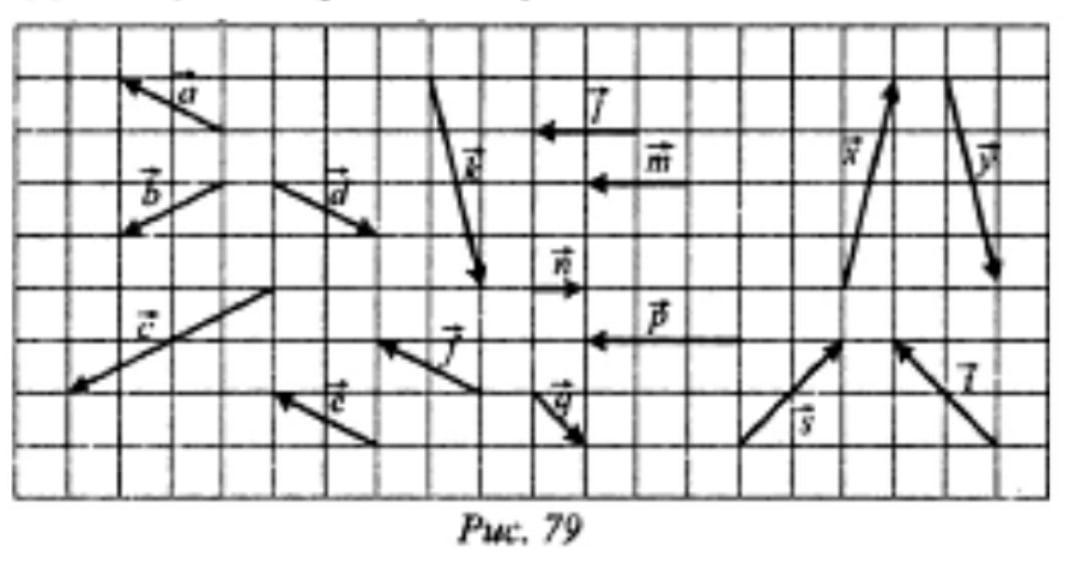Предмет: Математика,
автор: 10022005arihalt
Какие из векторов, изображенных на рисунке 79: 1) равны; 2) сонаправлены; 3) противоположно направлены; 4) коллинеарны; 5) имеют разные модули
Приложения:

Ответы
Автор ответа:
4
Ответ:1)a и f, i и m, J и е
2)i и m, J и е и f, k и у
3)а и d, j и q, e и q, n и p
4)q и а и j и е и d, i и m и n и p
Похожие вопросы
Предмет: Українська мова,
автор: lolka171
Предмет: Право,
автор: msgda
Предмет: Алгебра,
автор: Аноним
Предмет: Русский язык,
автор: maks203010
Предмет: Русский язык,
автор: Риколикоми34567